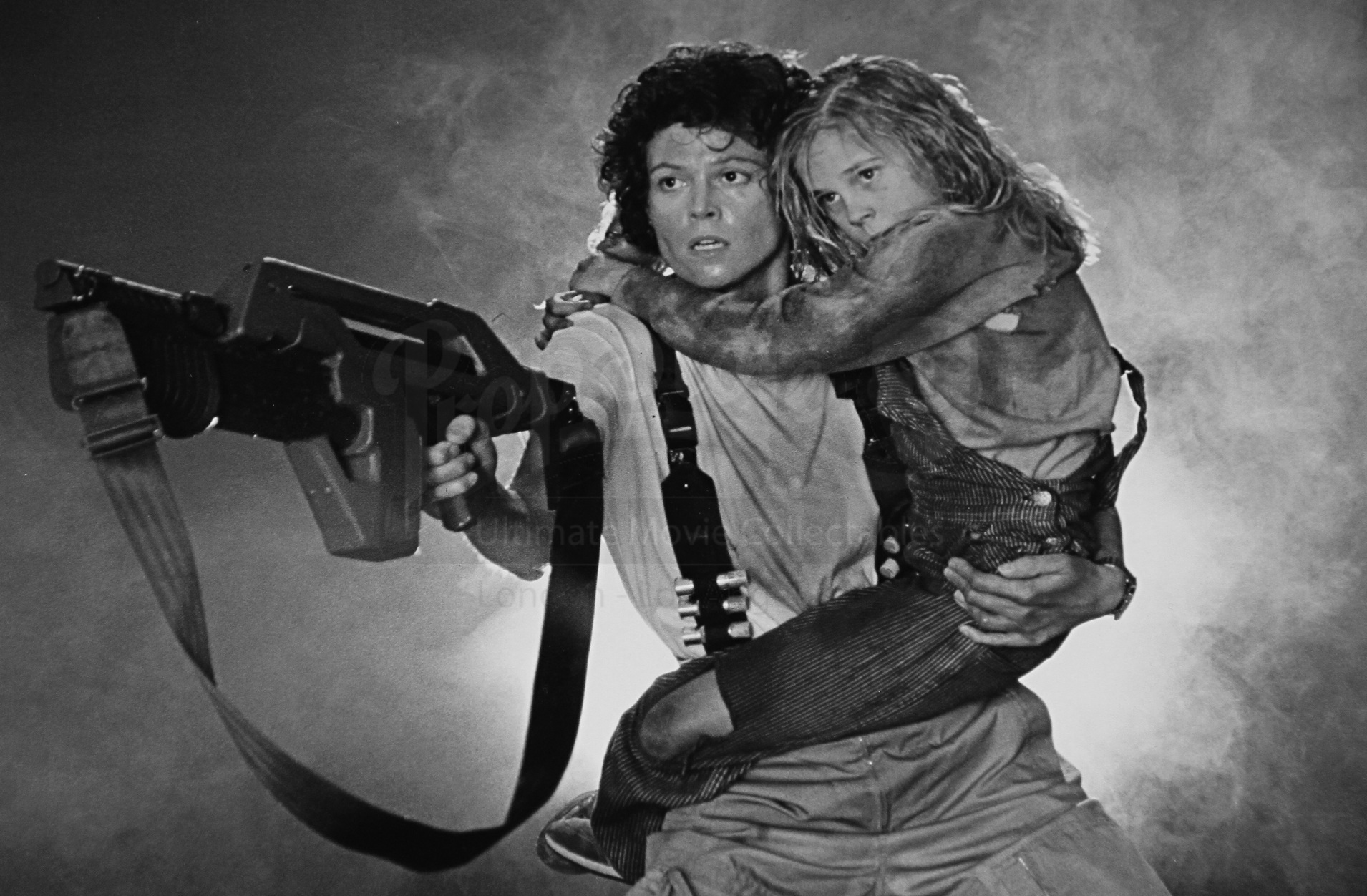1) A character must control his or her choices within the movie
When I see scripts that aren’t working, it’s often because that character really has no agency. Has no real decision-making capability on what’s going to happen next. Either they’re always responding to what the villain is doing, or what other characters are sort of instructing them to do. They’re put upon, they’re directed, they’re instructed, but they’re not actually doing anything themselves. So, you could write the most delightful dialogue ever for that character. It would still be a frustrating movie because you don’t see that character making any choices, having any control of his or her life within that movie.
–John August, Scriptnotes 307: Teaching Your Heroes to Drive, July 4, 2017
2) A character who makes bad choices is always easier to write
Narratively, having a character who makes bad choices is always going to be easier to write, because those choices can keep a story going, and because bad choices create immediate suspense: Will the protagonist get away? And if they’re caught, how bad is it going to be?
–Zack Handlen, “Fargo: A Muddy Road,” AV Club, April 29, 2014
3) Choices make great narrative obstacles
An obstacle doesn’t necessarily mean the main villain of your story. If you look at Ripley in Aliens, the obstacles are all of the roadblocks that are thrown in her way. She has Newt, they’re about to go off, and then Newt is snatched away. She falls through. And she has to decide whether she’s going to go to the jump ship and go back up to the big ship in the sky, or is she going to go after Newt. And so she has to make a choice. Choices are always good. Choices are an obstacle. They’re forcing her to choose between two options.
–John August, Scriptnotes 265: Sheep Crossing Roads, August 30, 2016
4) True choice is dilemma
Sometimes your character will make a bad choice, and they’ll suffer the consequences from it. Sometimes they’ll make the right heroic bold choice, but that makes things more difficult for them. Conflict is not just about planes falling from the sky or some sort of external calamity: It has to be something the character chooses that makes the situation more difficult.
–John August, Scriptnotes 65: The Next 117 Pages, November 27, 2012
5) Most choices must lead to more difficulty
True choice is dilemma. It occurs in two situations. First, a choice between irreconcilable goods: From the characters view two things are desirable, he wants both, but circumstances are forcing him to choose only one. Second, a choice between the lesser of two evils: From the character’s view two things are undesirable, he wants neither, but circumstances are forcing him to choose one. How a character chooses in a true dilemma is a powerful expression of his humanity and of the world in which he lives.”
–Robert McKee, Story (1997)

